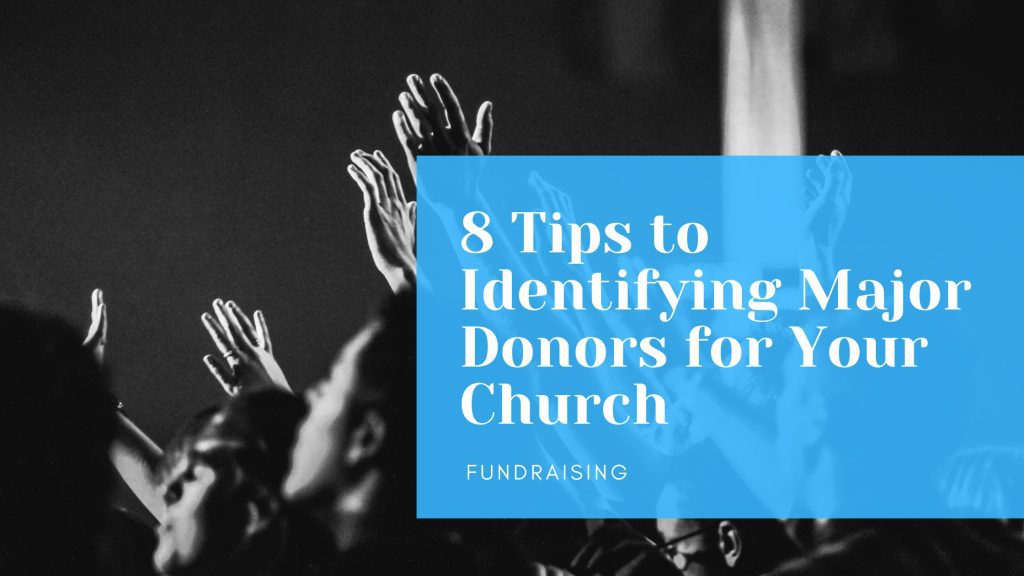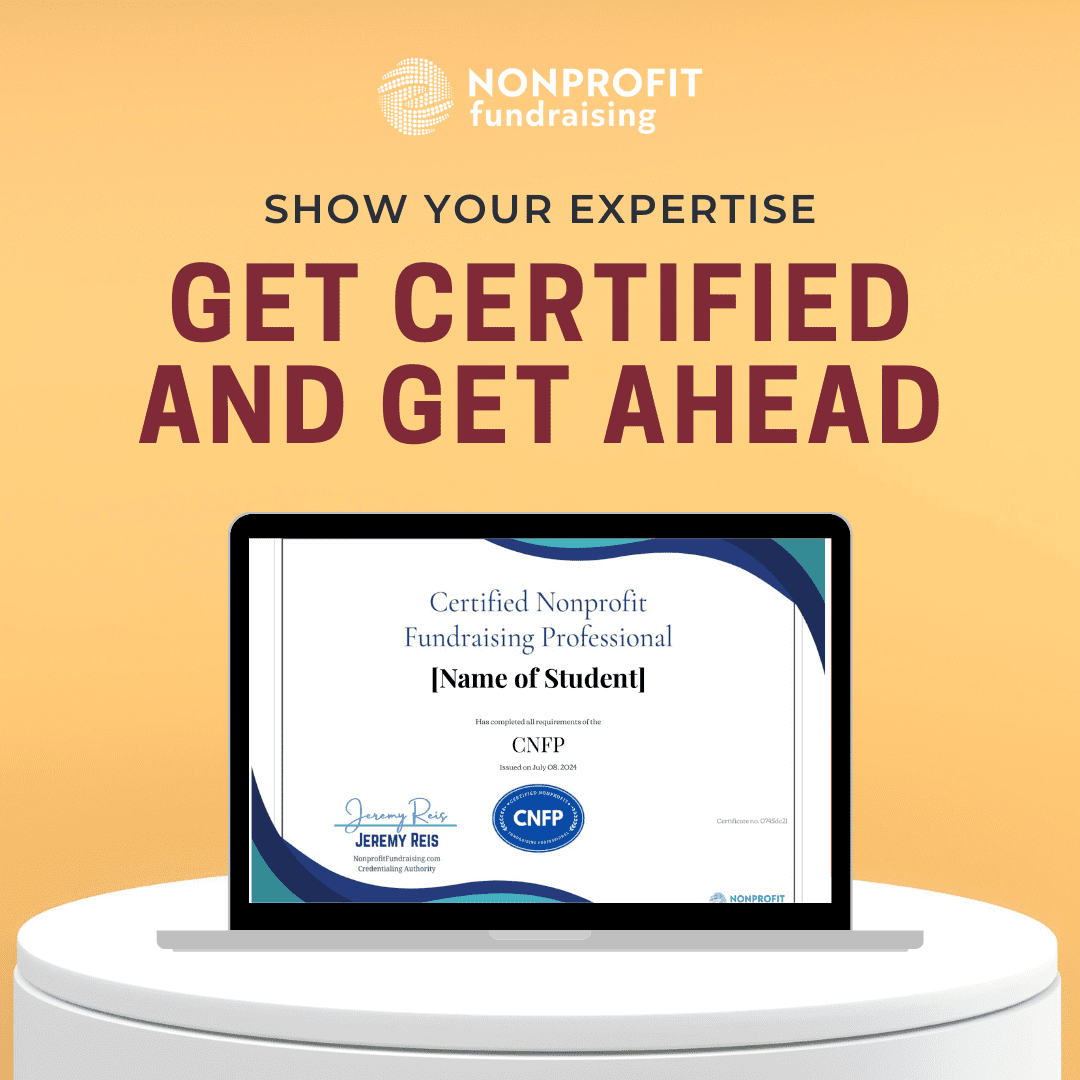The process of identifying major donors for your church can seem daunting, but with a little bit of know-how, it can be a breeze. By following these simple tips, you’ll be well on your way to finding the major donors who will help keep your church growing.
But what is a major donor?
What is a church major donor?
A church major donor is an individual or organization that makes significant financial contributions to a church. These contributions can range from one-time donations to recurring monthly or annual giving. Major donors often have a strong personal or spiritual connection to the church, and their belief in its mission drives them to support it financially. Churches rely on major donors for a significant portion of their funding, and larger churches typically have dedicated staff members or programs in place to cultivate and maintain relationships with these donors. In return, major donors may receive updates on the church’s progress and accomplishments, as well as special recognition for their contributions. Overall, church major donors play an important role in supporting the church’s ability to carry out its mission and serve its community.
How can churches identify major donors? Here are five tips:
1. Look for patterns in giving.
One of the easiest ways to identify potential major donors is to look for patterns in giving. For example, if someone has been giving $50 to the church every month for the past five years, they may be a good candidate for a major gift ask. Or if someone has been increasing their giving incrementally each year, they may also be ready for an ask. Look for these patterns when reviewing your donor data and make a list of potential candidates for cultivation.
2. See who gives during difficult times.
 Another way to identify potential major donors is to see who continues to give even during difficult times. For example, if someone maintained their giving during a recession or natural disaster, they may be more likely to make a major gift during prosperous times. This is because they have already demonstrated their commitment to the church through their sustained giving. When looking at your donor data, pay attention to who continues to give during tough economic times – they may be prime candidates for future asks.
Another way to identify potential major donors is to see who continues to give even during difficult times. For example, if someone maintained their giving during a recession or natural disaster, they may be more likely to make a major gift during prosperous times. This is because they have already demonstrated their commitment to the church through their sustained giving. When looking at your donor data, pay attention to who continues to give during tough economic times – they may be prime candidates for future asks.
3. Pay attention to who volunteers.
In addition to looking at financial data, churches should also pay attention to who volunteers their time. These individuals are usually passionate about the mission of the church and may be more likely to make a financial contribution as well. So, when you are looking at your list of potential donors, be sure to include those who have volunteered their time in addition to those who have given financially.
4. Ask for referrals from current major donors.
Another great way to identify potential major donors is by asking current major donors for referrals. These individuals are already invested in the church and may know others who would also be interested in making a substantial contribution. So reach out to your current major donors and ask them if they know anyone else who might be interested in supporting the church financially.
5. Get to know them on a personal level.
Once you’ve identified potential major donors, it’s time to get to know them on a personal level. Attend the same functions they do, strike up conversations, and really get to know them as people. The more you know about them, the better equipped you’ll be to make an appeal that resonates with them on a personal level.
Why get to know your donors? Because people give to people, not causes. The more you know about your donors, the more effectively you can communicate with them, the more likely they are to increase their giving, and the deeper your relationship with them will become. All of which leads to greater financial stability for your church. So how do you get to know your donors?
In today’s world, social media is one of the best ways to get to know someone. Do a little digging and see what you can find out about your donors on Facebook, Twitter, and LinkedIn. Of course, be sure to respect their privacy—don’t stalk them! A simple search can tell you a lot about a person’s interests, hobbies, and even charitable giving history.
Meeting face-to-face is still one of the best ways to get to know someone. Invite your donors out for coffee or lunch and take the time to really get to know them. Ask them about their families, their jobs, their hobbies—anything that will help you get a better sense of who they are as a person. And be sure to listen! Active listening will not only help you build a stronger relationship with the donor but it will also give you valuable insights into what motivates them as a philanthropist.
Once you’ve built up a rapport with your donors, be sure to keep them informed about what’s going on at your church. Send them updates about how their contributions are being used, invite them to special events, and let them know about any milestones or achievements your church has reached—all of which will help deepen their connection to your organization.
6. Make an ask that is specific and tailored to their interests.
When it comes time to make your ask, be specific and tailoring it to their interests. The last thing you want is for your ask to come across as generic or impersonal. Instead, take the time to craft an ask that speaks directly to their unique circumstances and interests.
7. Be transparent about how their donation will be used.
Once you’ve made your ask, it’s important to be transparent about how their donation will be used. Don’t make promises you can’t keep or try to hide the fact that some of the donation will go towards overhead costs. Be upfront about where their money will be going and what impact it will have.
8. Follow up after they’ve made their donation.
Finally, don’t forget to follow up after they’ve made their donation! Thank them again for their generosity and keep them updated on how their donation is being used. A little bit of appreciation can go a long way towards ensuring they continue giving generously in the future.
A handwritten note is a personal touch that shows how much you value your donors’ contributions. It’s also an opportunity to express your thanks in your own words, which can be more impactful than a pre-written message. Be sure to mention specific things that their donation has helped to fund, and express how grateful you are for their generosity. Keep the note short and sweet so that it’s easy for them to read and digest.
Don’t underestimate the power of a personal phone call! In today’s world of constant electronic communication, a phone call can really make an impression. This is another chance to express your gratitude in your own words and thank your donors for their support. If possible, try to schedule a time for a brief face-to-face meeting so that you can thank them in person as well.
A small gift is always appreciated, and it shows that you’re thinking about your donors even when they’re not actively giving. A thoughtful gift doesn’t have to be expensive; it could be something as simple as a mug emblazoned with the church logo or a bookmark with a meaningful Bible verse on it. Whatever you choose, make sure it’s something that your donor will actually want and use.


